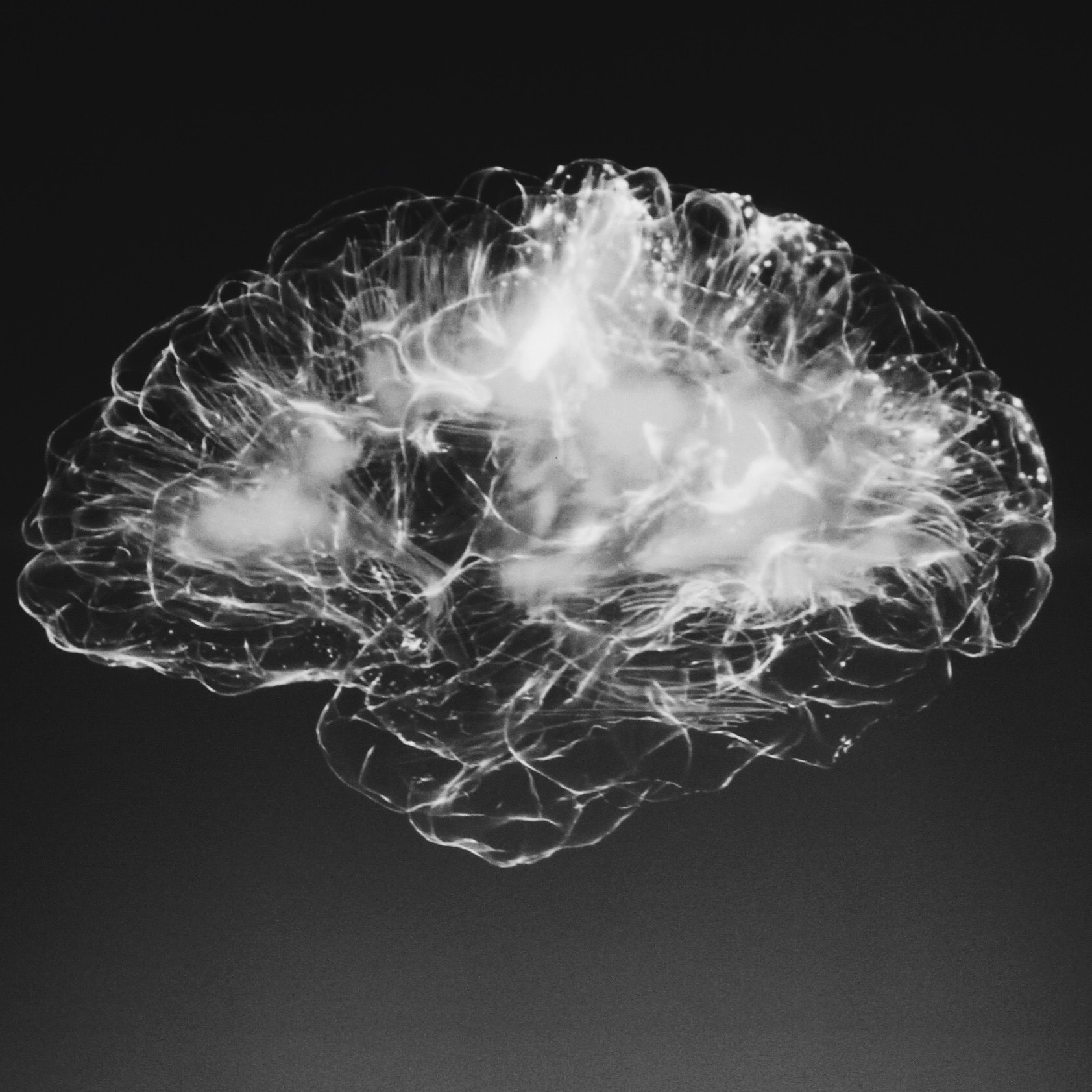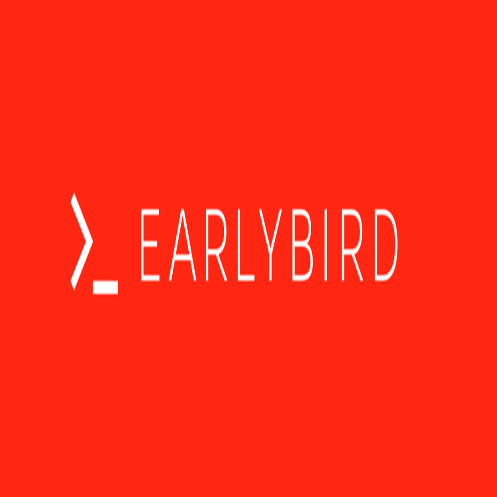Marcel Brass (Science of Intelligence), “The Cognitive Neuroscience of Implementing Novel Instructions”
One fundamental difference between human and non-human animals is the ability of humans to instantaneously implement instructed behaviour. While other animals acquire new behaviour via effortful trial-and-error learning or extensive practice, humans can implement novel behaviour based on instructions. This ability is presumably a key aspect of cultural learning. In my talk, I will discuss















